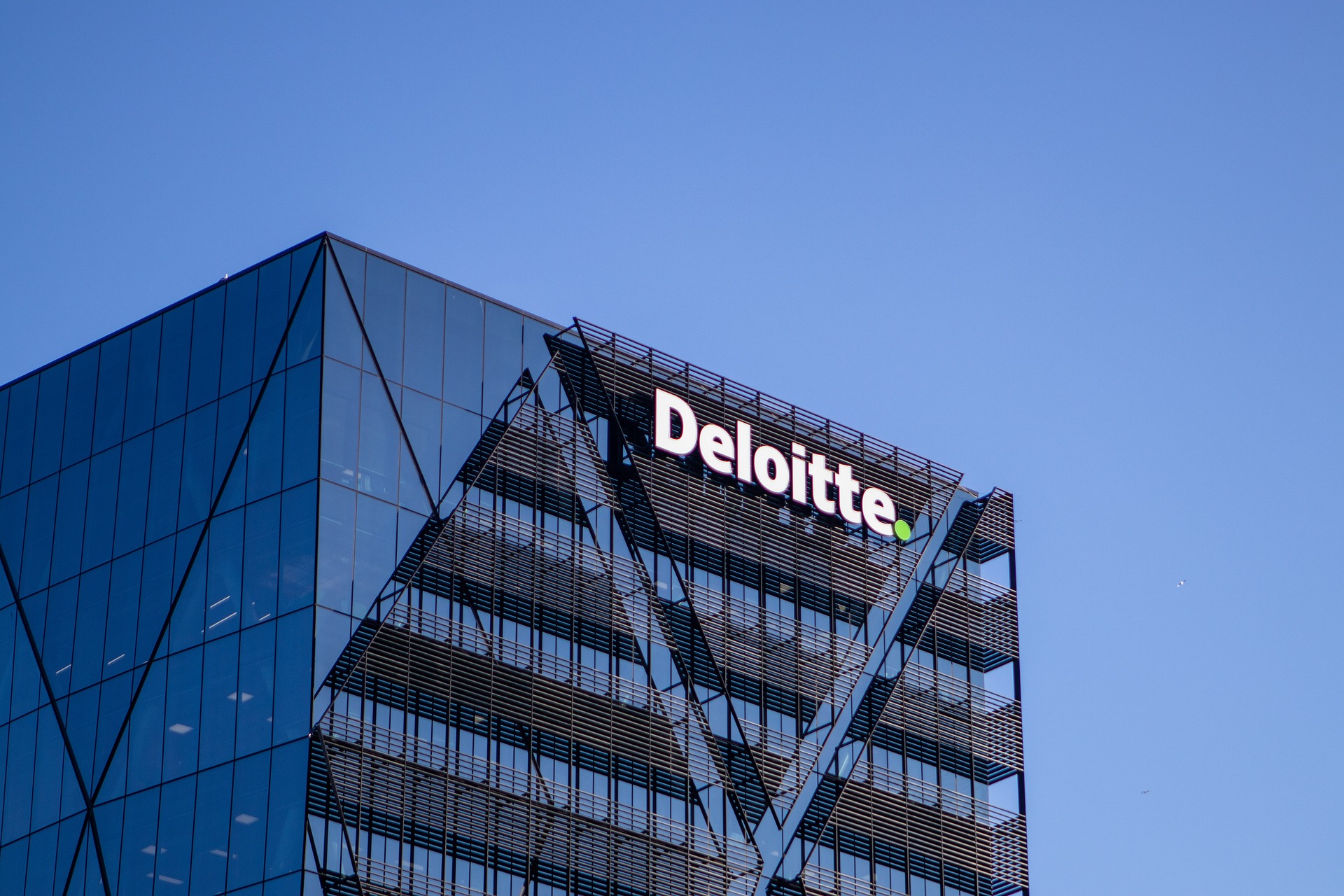Facebook enhances how users find and share Reels, focusing on personalisation and social interaction.
The platform’s new recommendation engine learns user interests faster, presenting more relevant and up-to-date content. Video viewing time in the US has risen over 20% year-on-year, reflecting the growing appeal of both short and long-form clips.
The update introduces new ‘friend bubbles’ showing which Reels or posts friends have liked, allowing users to start private chats instantly.
A feature that encourages more spontaneous conversation and discovery through shared interests. Facebook’s ‘Save’ option has also been simplified, letting users collect favourite posts and Reels in one place, while improving future recommendations.
AI now plays a larger role in content exploration, offering suggested searches on certain Reels to help users find related topics without leaving the player. By combining smarter algorithms with stronger social cues, Facebook aims to make video discovery more meaningful and community-driven.
Further personalisation tools are expected to follow as the platform continues refining its Reels experience.
Would you like to learn more about AI, tech and digital diplomacy? If so, ask our Diplo chatbot!










